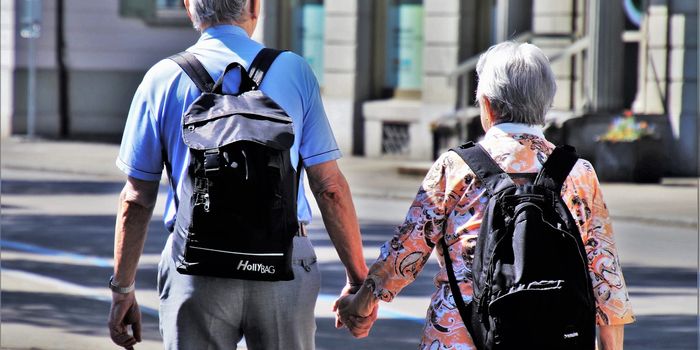Individuals in Mid-Adulthood Sleep Less Than Younger and Older Adults
A study published in Nature Communications found that people sleep less on average in mid-adulthood than in early and late adulthood. Researchers from University College London (UCL), University of East Anglia (UEA)m and the University of Lyon found that sleep duration decreases in early adulthood at age 33 and then increases again at age 53. The research team believes the amount of sleep one gets may be limited due to work and family responsibilities. They also observed some sleep duration patterns that are geographically clustered and others that are associated with economy, culture, and latitude.
The study included 730,187 participants from roughly 63 countries. The participants played the Sea Hero Quest mobile game, a citizen science venture designed for neuroscience research specifically to support Alzheimer’s studies. The data collected sheds light on differences in spatial navigational abilities. Deutsche Telekom created the game in partnership with Alzheimer’s Research UK, UCL, UEA, and game developers Glitchers. Anyone playing the game is asked to answer questions about demographic characteristics as well as other questions relevant to neuroscience research.
The researchers found that people sleep an average of 7.01 hours per night. They found that the younger adults slept the most, and sleep duration declined throughout early adulthood (20s and early 30s). Sleep duration plateaued until the participants’ early 50s and then increased again. The study identified key time points of age 33 (when declining sleep plateaus) and age 53 (when sleep duration increases again). This pattern was the same for men and women across countries and education levels, although women slept 7.5 minutes longer than men on average.
The researchers also noted other interesting cultural and geographic differences. People who report sleeping the most live in Eastern European countries such as Albania, Slovakia, Romania, and the Czech Republic. Participants in these regions reported an extra 20-40 minutes of sleep per night. Participants who slept the least live in South East Asian countries, including the Philippines, Malaysia and Indonesia. The researchers noted that people tended to sleep less in countries closer to the equator.
The researchers found that navigational ability was unaffected by sleep duration for most of the sample, except for among older adults (aged 54-70). This population’s optimal sleep duration was seven hours. The researchers believe that underlying health conditions for older adults might significantly impact sleep.
In a previous study, Stanford University School of Medicine researchers have shown that neurons in the lateral hypothalamus play a pivotal role in sleep loss in older mice. Hypocretin neurons become hyperexcitable and cause sleep interruptions. More research is needed to better understand the mechanisms involved in sleep segmentation.
Sources: Eureka News Alert, Nature, Sea Hero Quest








